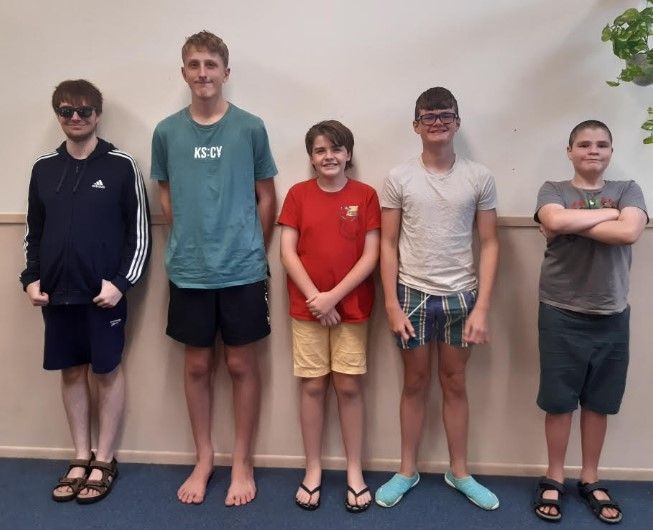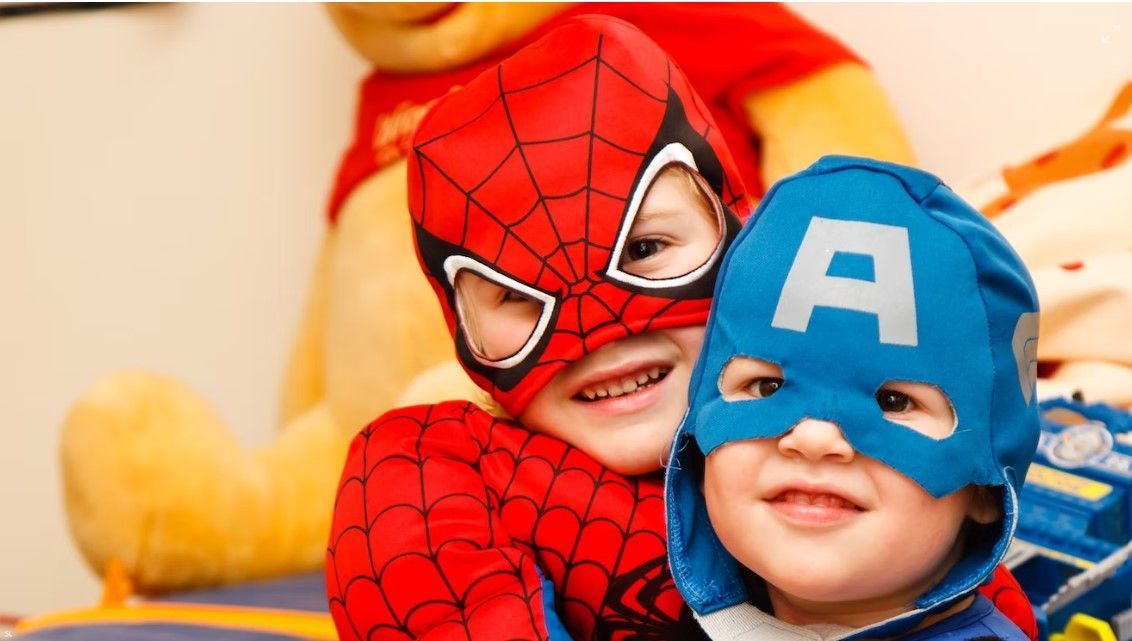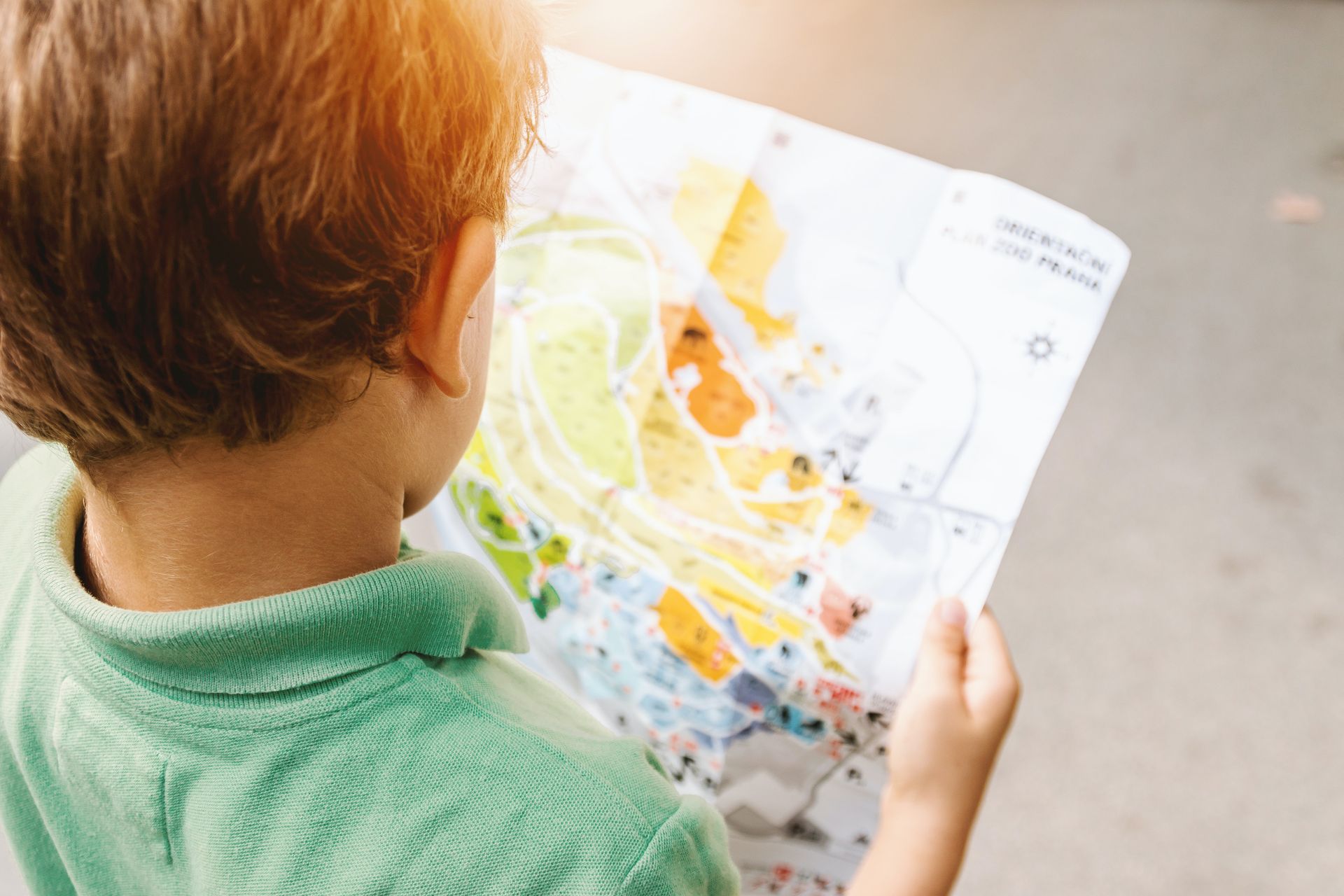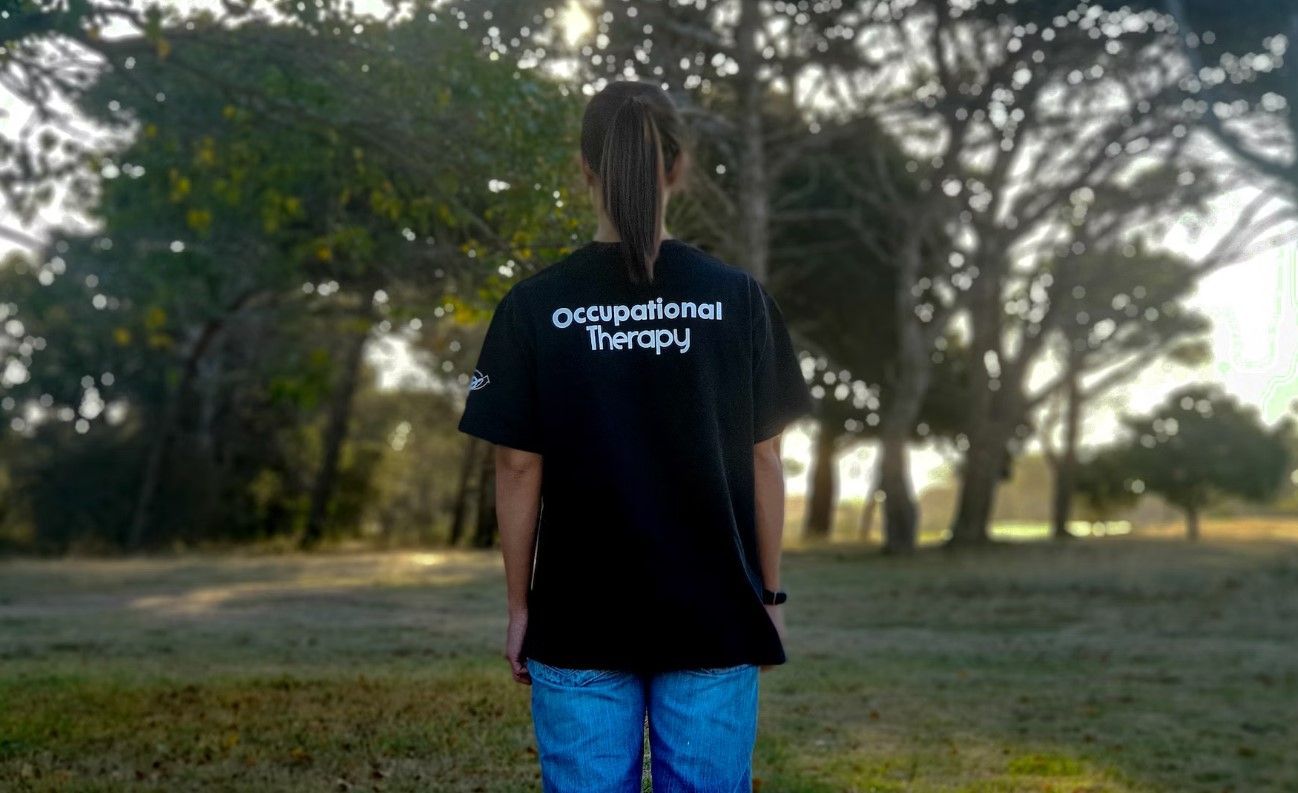
The Benefits of Role Playing Games
A Day in the Life of our Teen Dungeons & Dragons Group
by Dan Bailey - AKA 'Dungeon Master'
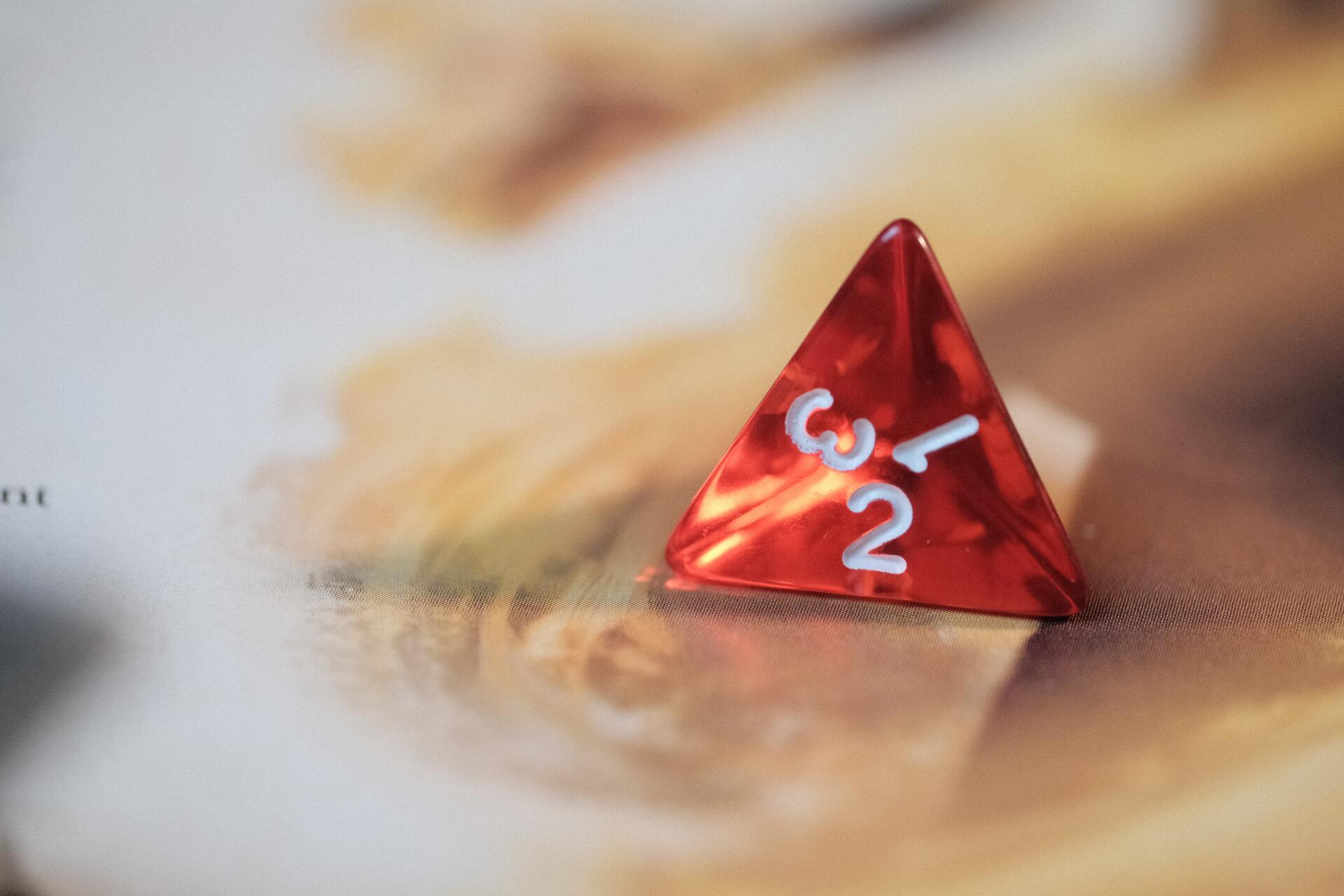
And so there the gang were. The 5 of them in an arena, as arranged by "The Director" to see what sort of team they could be, and whether they could join the secret organisation tasked with protecting Neverwinter from evil. This is Dungeons and Dragons. We're 10 sessions along our journey. At the start of the boys' time in the Making Connections Teen Group (insert right name here Fiona), none of the boys knew each other.
Now, they stand imperilled against a group of Mocklins (i.e. mocking goblins)... and the mocklins outnumber them.
"Your turn, " I say as Dungeon Master and point to one of the boys.
He looks around the map on the large table in front of him and the positioning of various figurines.
"I take my bow and arrow and shoot at that Mocklin over there," he says, gesturing to a figure far away from his own on the map.
One of the other boys hitherto quiet in today's session sits bolt upright and plonks his snack on the table mid-mouthful.
"Wait!" he exclaims, "I have an idea! The Director is watching us fight this fight and wanted us to work together as a team right? Well, why don't you run to this one here and push him down a level to where my Barbarian is? I'll take care of the rest". He gestures enthusiastically to a series of figurines.
The initial boy looks over the move and asks me, "Can we do that?". The rest of the group look at me in anticipation.
It's a special moment to see them looking outside of their own roles to how they can connect with each other.
"Absolutely," I reply, beaming. I can see the connections firing. A series of rolls of the dice and their manoeuvre is successful. All 5 five boys cheer, and the two who worked it out even high-5 each other.
"The Director looks on from her seat high above you and it's clear she is impressed," I remark. And so am I.
Written by Dan Bailey
Special Educator and D&D Director/Dungeon Master
Here are some great links if you would like to read about the benefits of building social-emotional skills through DnD and other types of role-playing games.
- How Youth Can Build Social-Emotional Skills with Tabletop Role-Playing Games
- Table-top role-playing games as a therapeutic intervention with adults to increase social connectedness
- The transformative potential of role-playing games—: From play skills to human skills.
- Let your clients fight dragons: A Rapid Evidence Assessment regarding the therapeutic utility of ‘Dungeons & Dragons’.
- Employing tabletop role-playing games (TRPGs) in social communication support measures for children and youth with autism spectrum disorder (ASD)
